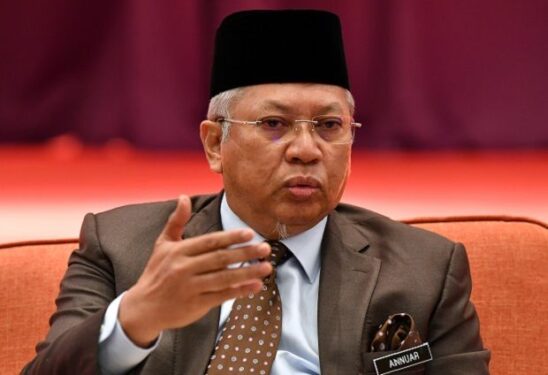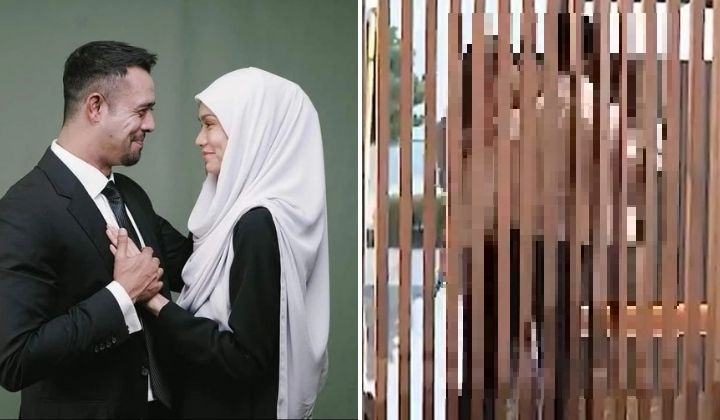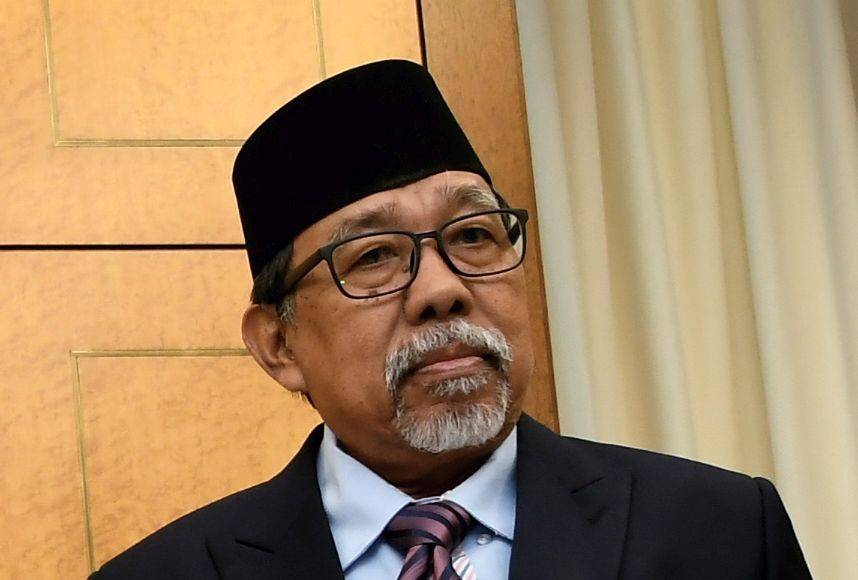Letter to Editor
THE Centre for Independent Journalism (CIJ) is alarmed by the recent announcement on Twitter by Communications and Multimedia Minister, Tan Sri Annuar Musa regarding the investigation of actor Zul Ariffin under Section 233 of the Communication and Multimedia Act (CMA) 1998.
The actor is being investigated for posting onto Instagram a “sexually suggestive” scene from the yet-to-air Malay drama series Perempuan Itu. Annuar’s Tweet stated that the posting was in violation of the law.
Section 233 of the CMA in itself is deeply problematic for its over-broad definitions accompanied with heavy punishment that infringes upon the constitutional right to freedom of expression (FOE).
The section allows a person(s) to be imprisoned for up to one year and fined up to RM50,000 for posting offensive content that ‘annoys’ another person. This goes far beyond the legitimate restrictions allowed on FOE such as preventing incitement to violence or for national security.

According to our media monitoring data, at least 236 individuals were implicated last year alone in 140 police investigations, arrests and charges related to Section 233 of the CMA.
Censorship is often done in the name of morality and decency which is also the reason cited by Annuar. However, these notions are not universal, hence by using restrictive laws to effectively censor and punish individuals for difference in expression, we may fall onto a slippery slope leading to intolerance.
Malaysia, as a member of the United Nations (UN) Human Rights Council, prides herself in the diversity of cultures, individualities and opinions which inevitably leads to a diverse set of concepts surrounding morality. It is then the responsibility of the state to perceive content as pluralistic in nature.
Additionally, FOE is not only limited to the liberty for dissidence or criticism but should also be a license for creative freedom.
This investigation is closing doors on any notion of artistic autonomy in Malaysia’s creative industry. It is also removing the viewers’ choice to make informed decisions with regards to their entertainment options.
It is not beneficial to the public for any authority to gate-keep content through moral policing, much less potentially punish individuals for it.
A simple solution to this would have been to rely on the programme classification wherever the programme is aired which would have automatically flagged this as matured content, hence allowing the viewers to make their informed choice.
We call on:
- Annuar to retract all investigations towards Zul Ariffin and the cast and crew related to the production of Perempuan Itu, and stop the arbitrary usage of legislations for censorship;
- Stop using existing regressive legal provisions such as Section 233 of the CMA to censor and silence non-conforming voices. The state must also review and adopt a moratorium on the arbitrary use of Section 233 of the CMA besides moving towards repealing and amending its vague provisions per our Federal Constitution and international standards on FOE;
- Work together with civil society organisations (CSOs) and other stakeholders to better understand and define online content removal and censorship while taking into account the local context, existing community standards by social media companies and keeping in line with international human rights standards on FOE, equality, non-discrimination and diversity;
- Create an enabling environment that promotes critical thinking, healthy debates, transparency and accountability by focusing on building trust and enable informed decision making within the society as opposed to undermining human rights. – March 23, 2022
Wathshlah G Naidu is the executive director of the Centre for Independent Journalism (CIJ).
The views expressed are solely of the author and do not necessarily reflect those of Focus Malaysia.









